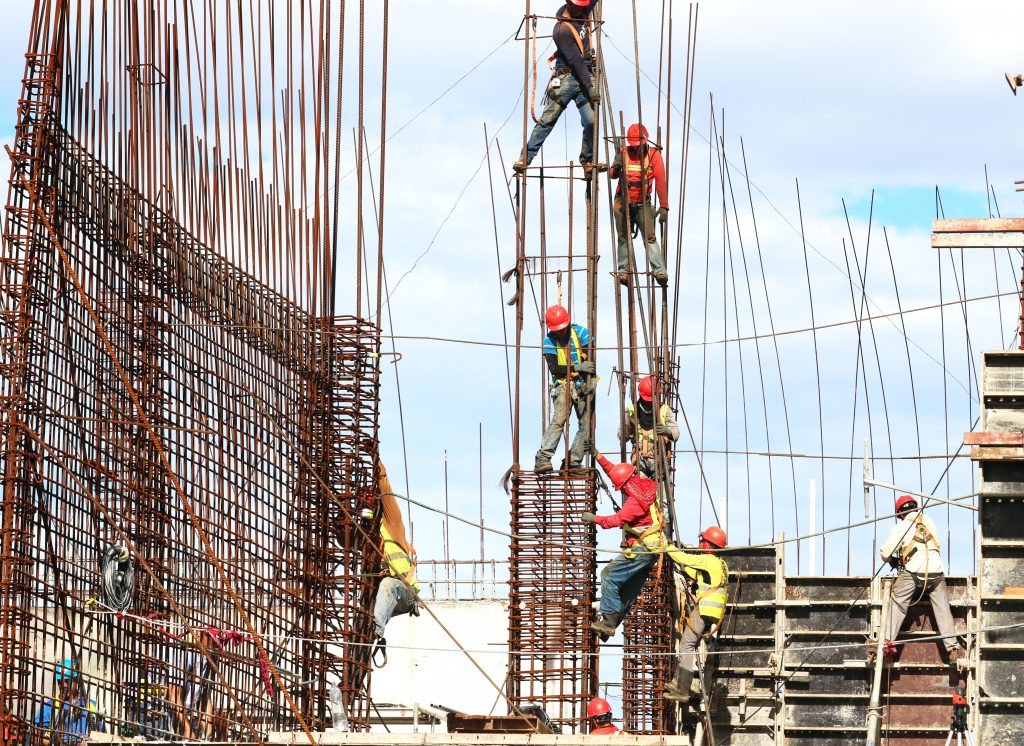Informal workers – mostly less educated and young people – face insecure working conditions, unstable revenues and do not have access to social security systems. This makes them particularly vulnerable, even more so amid the current public health crisis. In the MENA region, two thirds of all employment are considered to be informal, as opposed to 25% in Europe.
According to the International Labour Organisation (ILO), 89% of informal workers in Arab States and 64% in Europe are “significantly impacted” by the pandemic. These workers are at higher risk of sinking even further into underemployment, in-work poverty, or unemployment post-COVID-19.
Many governments in the region are providing social assistance to alleviate the socio-economic shock triggered by the pandemic and to protect formal workers in the public and private sectors. Informal workers, however, may not be able to sustain themselves and their families economically, with many risking their health, and the health of others, trying to earn some income during the lockdown. They are not organised collectively in trade unions to advocate for their rights and protection.
Yet, some hope can be found. In Morocco, where women amount to almost half of agriculture workers, a brand new collective bargaining and negotiation for a union contract now guarantees access to maternity leave, equal pay for equal work, and access to healthcare. This is a major success given that the agricultural sector is the largest employer of women in the MENA region, mostly providing informal work and depriving women of any formal employment benefits. Other governments around the world have adopted innovative financial relief packages to assist informal workers. This remains largely temporary, however.
Social security programmes in the MENA region remain fragmented. Unemployment benefit schemes have not been effective particularly due to high informal employment which restricts workers’ source of funding. North African countries only spend an estimated 7.6% of their GDP on social protection policies despite alarming inequality rates. The COVID-19 crisis provides an opportunity to gradually integrate informal workers into the formal sector, expand unemployment benefits and social security schemes to lift the burden of the current health and economic crisis.
Women’s unpaid and underpaid care work, skyrocketing socio-economic inequalities and lack of social safety nets for some groups of the population in the Euro-Mediterranean region will be discussed in EuroMed Rights series of webinars in June and July. Join us to find out more.

